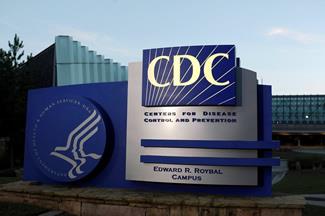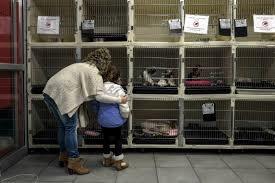 It is estimated that 1.5 million cases of campylobacteriosis are diagnosed in the U.S. annually. Infection is acquired from consumption of contaminated undercooked poultry or meat, infected seafood, raw milk, vegetables or untreated water. Recently, the Centers for Disease Control and Prevention published on the role of puppies as a source of Campylobacter jejuni over the period 2016 through 2020.
It is estimated that 1.5 million cases of campylobacteriosis are diagnosed in the U.S. annually. Infection is acquired from consumption of contaminated undercooked poultry or meat, infected seafood, raw milk, vegetables or untreated water. Recently, the Centers for Disease Control and Prevention published on the role of puppies as a source of Campylobacter jejuni over the period 2016 through 2020.  The study involved 168 patients ranging in age from 20 to 51 years. An overwhelming number (97 percent) of patients reported contact with a dog during the week before onset of symptoms and with 88 percent reporting that the contact was with a puppy derived from a pet store. It is significant that 88 percent of the isolates of Campylobacter jejuni were drug resistant to a range of antibiotic classes.
The study involved 168 patients ranging in age from 20 to 51 years. An overwhelming number (97 percent) of patients reported contact with a dog during the week before onset of symptoms and with 88 percent reporting that the contact was with a puppy derived from a pet store. It is significant that 88 percent of the isolates of Campylobacter jejuni were drug resistant to a range of antibiotic classes.
The study confirms the role of newly acquired puppies in the introduction of campylobacteriosis to a household and confirms previous reports in the literature.
*Watkins, L.K et al. Ongoing Outbreak of Extensively Drug-Resistant Campylobacter jejuni Infections Associated with U.S. Pet Store Puppies. 2016-2020. JAMA Netw Open 2021 doi:10.1001/jamanetworkopen.2021.25203